Home>Gardening & Outdoor>Landscaping Ideas>How Long Does It Take Bermuda Grass To Germinate
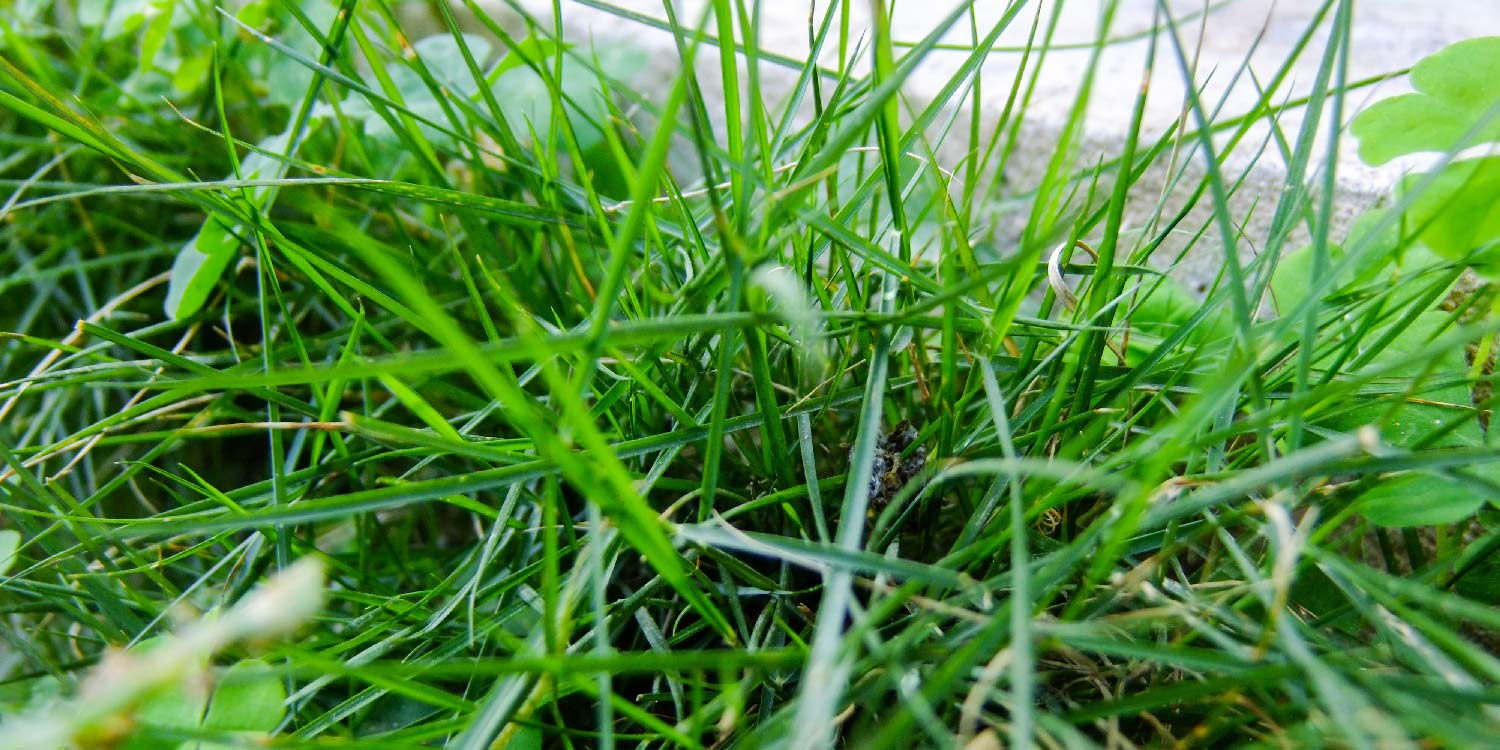

Landscaping Ideas
How Long Does It Take Bermuda Grass To Germinate
Modified: March 26, 2024
Learn about the germination timeline of Bermuda grass and get landscaping ideas to ensure successful growth. Discover the best practices for establishing a lush and vibrant lawn.
(Many of the links in this article redirect to a specific reviewed product. Your purchase of these products through affiliate links helps to generate commission for Storables.com, at no extra cost. Learn more)
Introduction
Introduction
Bermuda grass, scientifically known as Cynodon dactylon, is a popular warm-season grass celebrated for its resilience and adaptability. Whether you're establishing a new lawn, renovating an existing one, or overseeing a landscaping project, understanding the germination process of Bermuda grass is crucial for achieving lush, vibrant turf. This article delves into the fascinating journey of Bermuda grass germination, providing insights into the factors influencing this process, the ideal conditions for successful germination, the typical germination timeline, and expert tips for expediting the germination phase. As we embark on this exploration, you'll gain valuable knowledge to nurture and support the growth of Bermuda grass, ultimately transforming your outdoor spaces into inviting havens of greenery and vitality.
Key Takeaways:
- Bermuda grass germinates best in warm soil (65-70°F), with consistent moisture and proper light exposure. Quality seeds, well-prepared soil, and minimal weed competition are crucial for successful germination.
- To speed up Bermuda grass germination, focus on soil preparation, monitoring temperature and moisture, using high-quality seeds, proper seeding depth, and controlling weeds. These steps can expedite the process for a lush lawn.
Factors Affecting Bermuda Grass Germination
Several factors play pivotal roles in influencing the germination of Bermuda grass, shaping the success and vigor of this essential phase in the grass' life cycle. Understanding these factors empowers landscapers and homeowners to create optimal conditions for Bermuda grass germination, fostering robust and resilient turf. Let's explore the key influencers:
- Soil Temperature: Bermuda grass thrives in warm climates, and its germination is significantly influenced by soil temperature. For successful germination, the soil temperature should consistently range between 65 to 70 degrees Fahrenheit. Warmer temperatures expedite the germination process, while cooler conditions can prolong it.
- Soil Moisture: Adequate moisture is essential for Bermuda grass germination. The soil should be kept consistently moist but not waterlogged. Insufficient moisture can impede germination, while excessive water can lead to rot and fungal issues.
- Soil Preparation: The quality of the soil and its preparation are critical factors. Well-draining soil with a balanced pH level (around 6.5) provides an ideal foundation for Bermuda grass germination. Proper soil aeration and removal of debris and weeds create a conducive environment for the seeds to establish roots.
- Seed Quality: The quality and viability of Bermuda grass seeds directly impact germination success. Opt for high-quality seeds from reputable suppliers to ensure optimal germination rates and uniform turf establishment.
- Light Exposure: Bermuda grass seeds require adequate light to germinate. Ensure that the seeds are not buried too deeply in the soil, as this can hinder their access to essential light for germination.
- Weed Competition: Weeds can impede the germination and establishment of Bermuda grass. Prior to sowing Bermuda grass seeds, address any existing weed issues through proper weed control methods to reduce competition for resources.
By considering and addressing these influential factors, you can significantly enhance the likelihood of successful Bermuda grass germination, setting the stage for a vibrant and resilient lawn or landscape.
Ideal Conditions for Bermuda Grass Germination
Creating optimal conditions is crucial for the successful germination of Bermuda grass, ensuring that the seeds sprout and establish healthy roots, ultimately leading to lush and vibrant turf. By understanding and providing the ideal environment for germination, you can set the stage for a thriving Bermuda grass lawn. Here are the key components of the ideal conditions for Bermuda grass germination:
- Warm Soil Temperature: Bermuda grass thrives in warm climates, requiring soil temperatures between 65 to 70 degrees Fahrenheit for optimal germination. Utilize a soil thermometer to monitor and ensure that the soil reaches and maintains this temperature range.
- Consistent Soil Moisture: Adequate moisture is essential for Bermuda grass germination. Keep the soil consistently moist, but avoid overwatering, as excessive water can lead to issues such as rot and fungal diseases. Irrigate the area lightly and frequently to maintain the necessary moisture levels.
- Well-Prepared Soil: Prepare the soil thoroughly before sowing Bermuda grass seeds. Ensure that the soil is well-draining, aerated, and free of debris and weeds. Incorporating organic matter into the soil can improve its texture and fertility, providing an ideal foundation for seed germination.
- Quality Seeds: Select high-quality Bermuda grass seeds from reputable suppliers. Opt for certified seeds with high germination rates to maximize the chances of successful establishment. Store the seeds properly and use them within their designated shelf life for optimal viability.
- Proper Light Exposure: Bermuda grass seeds require access to light for germination. Ensure that the seeds are not buried too deeply in the soil, as this can hinder their ability to receive the necessary light. Lightly rake the soil after seeding to ensure good seed-to-soil contact while allowing adequate light penetration.
- Minimal Weed Competition: Address weed issues before seeding Bermuda grass to minimize competition for resources. Implement effective weed control measures to reduce weed presence and create a favorable environment for Bermuda grass seed germination and establishment.
By creating and maintaining these ideal conditions, you can support the successful germination of Bermuda grass, laying the groundwork for a resilient and visually appealing lawn or landscape.
Germination Time for Bermuda Grass
The germination time for Bermuda grass can vary based on several factors, including environmental conditions, seed quality, and maintenance practices. Generally, Bermuda grass seeds begin to germinate within 7 to 14 days under optimal conditions. However, it’s important to note that germination may take longer if conditions are less than ideal.
Factors such as soil temperature, moisture levels, and light exposure play significant roles in influencing the germination timeline. Warmer soil temperatures, typically within the range of 65 to 70 degrees Fahrenheit, can expedite the germination process, leading to quicker seedling emergence. Consistent soil moisture, achieved through light and frequent irrigation, creates a conducive environment for Bermuda grass seeds to germinate and establish roots.
Light exposure is another critical factor affecting germination time. Bermuda grass seeds require access to light for successful germination. Ensuring that the seeds are not buried too deeply in the soil and are in contact with the necessary light can contribute to a timely and uniform germination process.
It’s important to monitor the germination progress closely and make adjustments as needed. If environmental conditions are less than optimal, such as cooler temperatures or inadequate moisture, the germination time may be prolonged. Additionally, the quality and viability of the seeds can impact the germination timeline. High-quality Bermuda grass seeds from reputable suppliers are more likely to germinate within the expected timeframe, contributing to a successful establishment of turf.
By providing the ideal conditions and closely monitoring the germination process, you can facilitate timely and uniform Bermuda grass germination, paving the way for a healthy and vibrant lawn or landscape. Patience and attentive care during this critical phase can yield rewarding results, setting the stage for a flourishing expanse of Bermuda grass.
Bermuda grass typically takes 7-14 days to germinate. Keep the soil consistently moist and at a temperature of 65-70°F for best results.
Read more: How Long Does Bermuda Grass Take To Grow
Tips for Faster Bermuda Grass Germination
Accelerating the germination of Bermuda grass can significantly expedite the establishment of a lush and vibrant lawn or landscape. By implementing strategic measures and providing optimal conditions, you can promote faster germination, leading to a more rapid transformation of outdoor spaces. Here are valuable tips for expediting the Bermuda grass germination process:
- Preparation is Key: Thoroughly prepare the soil before seeding Bermuda grass. Ensure that the soil is well-draining, free of debris and weeds, and adequately aerated. Incorporating organic matter into the soil can improve its texture and fertility, creating an ideal environment for seed germination.
- Optimal Soil Temperature: Monitor and maintain soil temperatures within the range of 65 to 70 degrees Fahrenheit, as this is conducive to faster Bermuda grass germination. Utilize a soil thermometer to accurately gauge the temperature and make adjustments as needed to create an ideal germination environment.
- Consistent Soil Moisture: Keep the soil consistently moist to support rapid germination. Light and frequent irrigation can help maintain the necessary moisture levels without saturating the soil, fostering an environment where Bermuda grass seeds can sprout and establish roots more efficiently.
- Quality Seeds Matter: Select high-quality Bermuda grass seeds from reputable suppliers. Certified seeds with high germination rates can contribute to faster and more uniform seedling emergence, expediting the overall germination process.
- Proper Seeding Depth: Ensure that the Bermuda grass seeds are not buried too deeply in the soil. Lightly rake the soil after seeding to achieve good seed-to-soil contact while allowing the seeds access to essential light for germination. Proper seeding depth can promote quicker and more uniform seedling establishment.
- Monitor and Adjust: Regularly monitor the soil moisture, temperature, and overall germination progress. Make adjustments as needed to maintain optimal conditions, ensuring that the seeds have the best possible environment for expedited germination.
- Minimize Weed Competition: Address weed issues before and during the germination phase to reduce competition for resources. Effective weed control measures can create a favorable environment for Bermuda grass seeds to germinate and establish more rapidly.
By implementing these tips and providing the ideal conditions for Bermuda grass germination, you can promote faster and more uniform seedling emergence, setting the stage for a thriving and resilient Bermuda grass lawn or landscape in a shorter timeframe.
Conclusion
Understanding the germination process of Bermuda grass is essential for anyone seeking to establish a vibrant and resilient lawn or landscape. By delving into the factors influencing germination, creating optimal conditions, and implementing strategic tips for faster establishment, you can nurture the growth of Bermuda grass with confidence and expertise.
The factors affecting Bermuda grass germination, including soil temperature, moisture levels, soil preparation, seed quality, light exposure, and weed competition, play crucial roles in shaping the success of the germination phase. By addressing these factors, you can significantly enhance the likelihood of successful Bermuda grass germination, setting the stage for a lush and healthy turf.
Creating the ideal conditions for Bermuda grass germination involves maintaining warm soil temperatures, consistent soil moisture, well-prepared soil, high-quality seeds, proper light exposure, and minimal weed competition. By adhering to these principles, you can provide the optimal environment for Bermuda grass seeds to sprout, establish roots, and thrive, ultimately leading to the emergence of a visually stunning and resilient lawn or landscape.
While the typical germination time for Bermuda grass ranges from 7 to 14 days under optimal conditions, it’s important to closely monitor the process and make adjustments as needed. By providing the ideal conditions and closely attending to the germination progress, you can promote timely and uniform seedling emergence, setting the stage for a successful establishment of Bermuda grass.
Implementing tips for faster Bermuda grass germination, such as thorough soil preparation, monitoring soil temperature and moisture, selecting high-quality seeds, ensuring proper seeding depth, and minimizing weed competition, can expedite the germination process, leading to a more rapid transformation of outdoor spaces.
By integrating these insights and best practices into your landscaping endeavors, you can cultivate a thriving expanse of Bermuda grass, enriching outdoor environments with lush greenery and enduring beauty. Embracing the art and science of Bermuda grass germination empowers you to create inviting and vibrant outdoor spaces, where the allure of nature flourishes and beckons all who behold it.
Frequently Asked Questions about How Long Does It Take Bermuda Grass To Germinate
Was this page helpful?
At Storables.com, we guarantee accurate and reliable information. Our content, validated by Expert Board Contributors, is crafted following stringent Editorial Policies. We're committed to providing you with well-researched, expert-backed insights for all your informational needs.
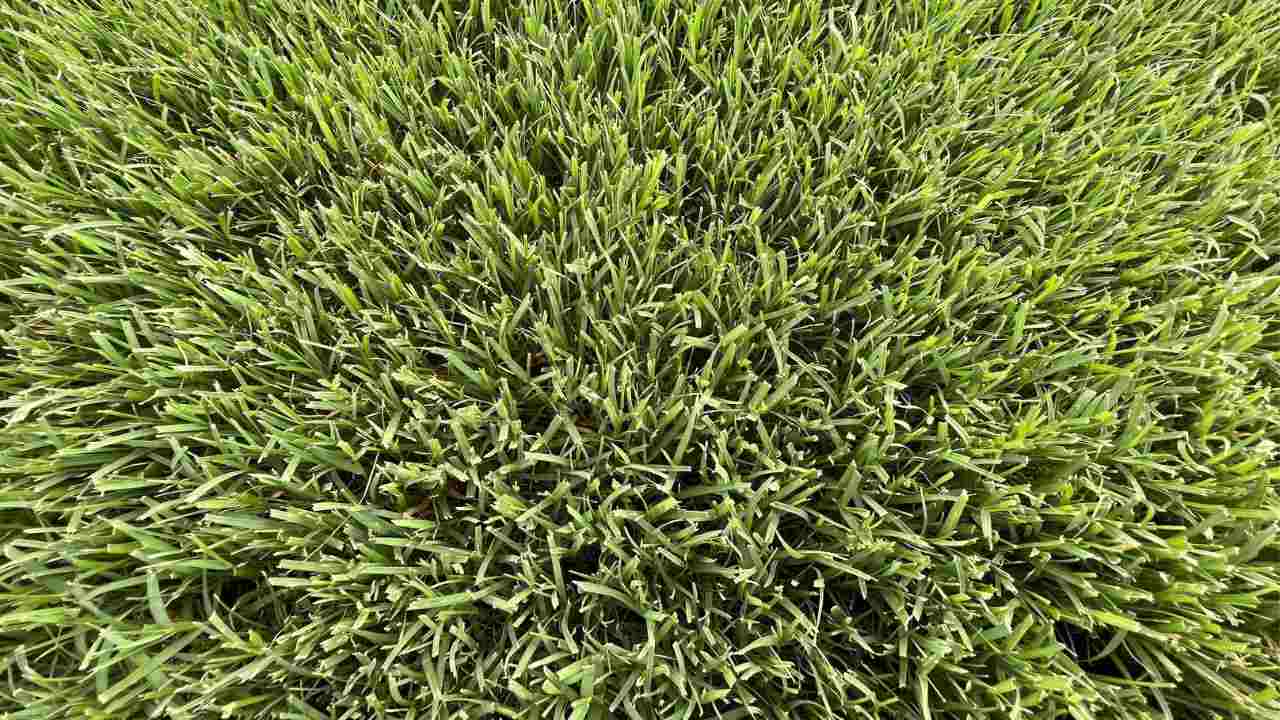
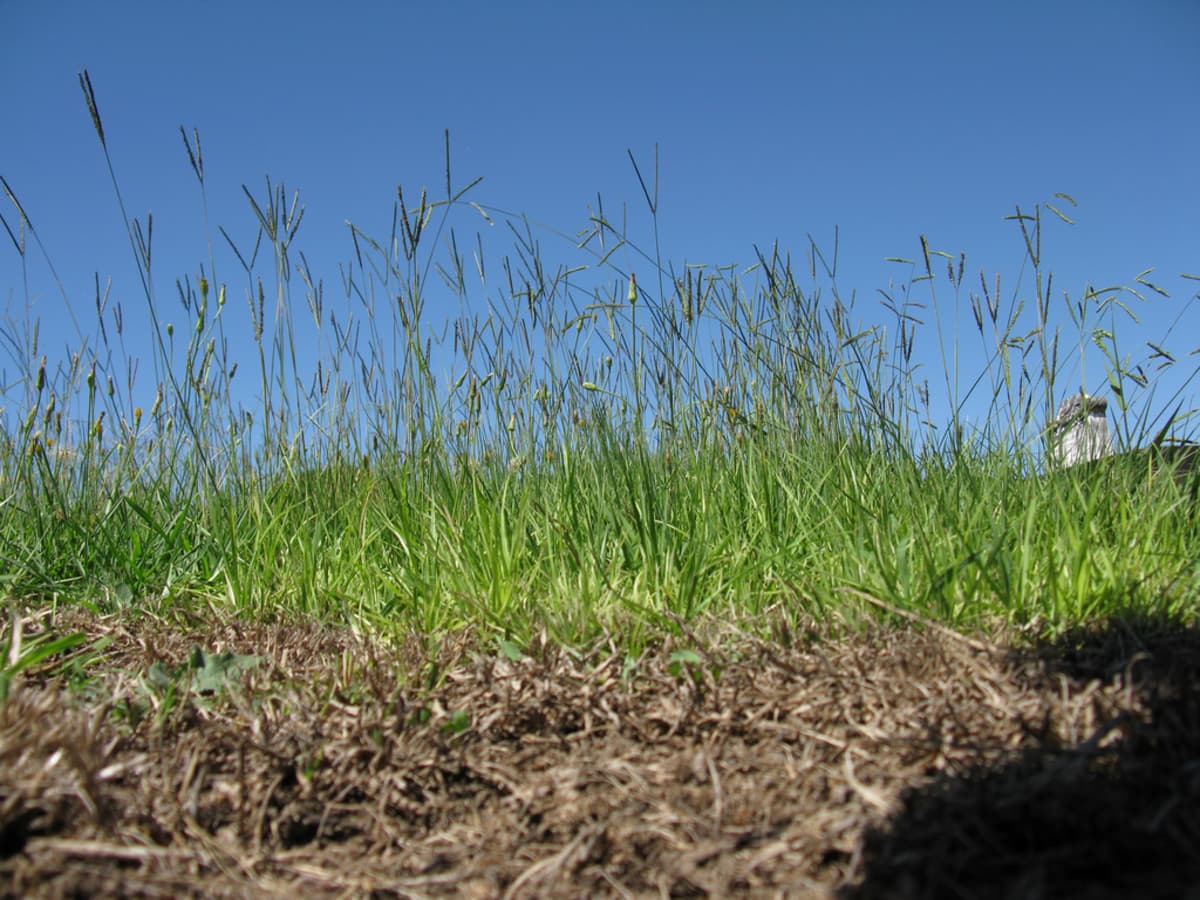
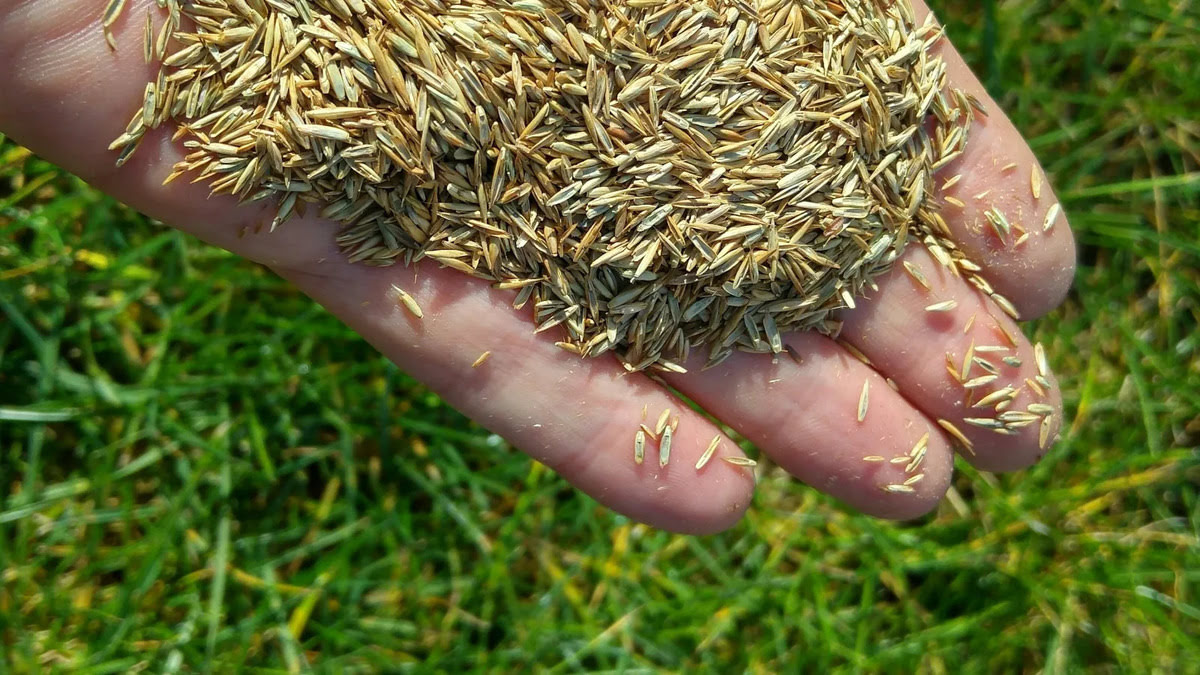
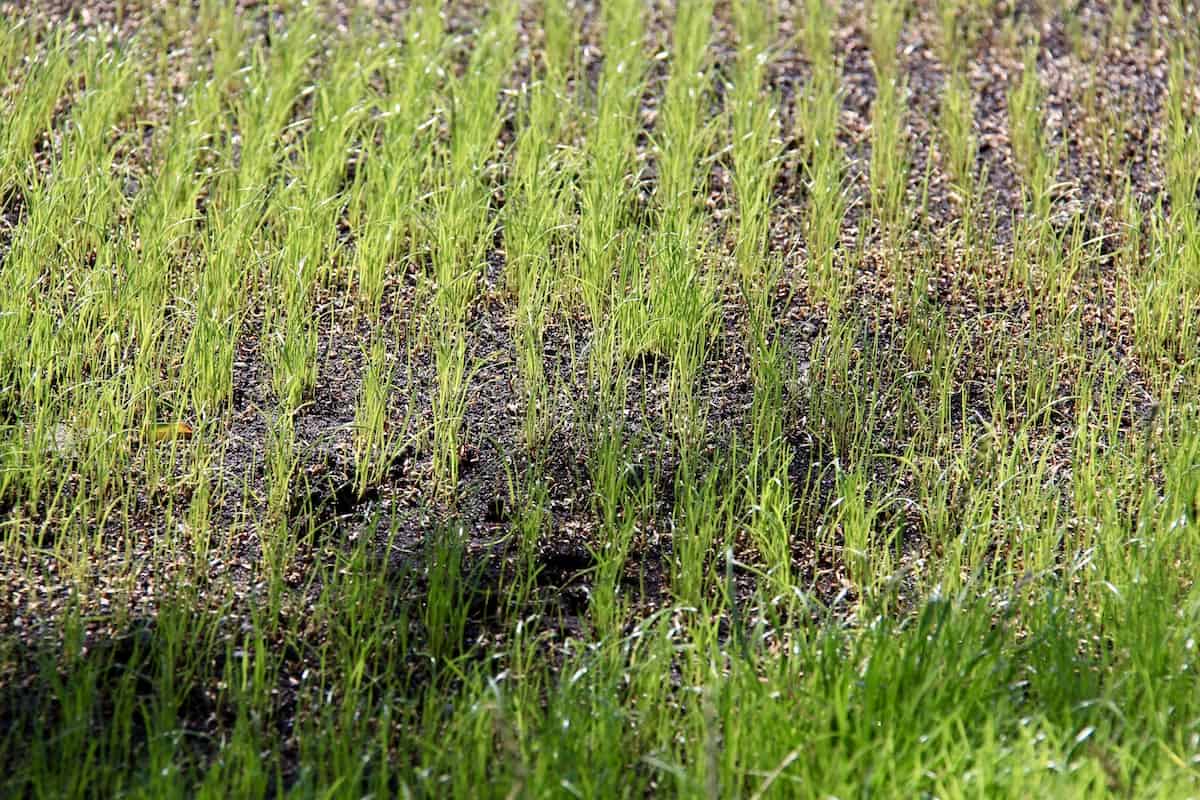
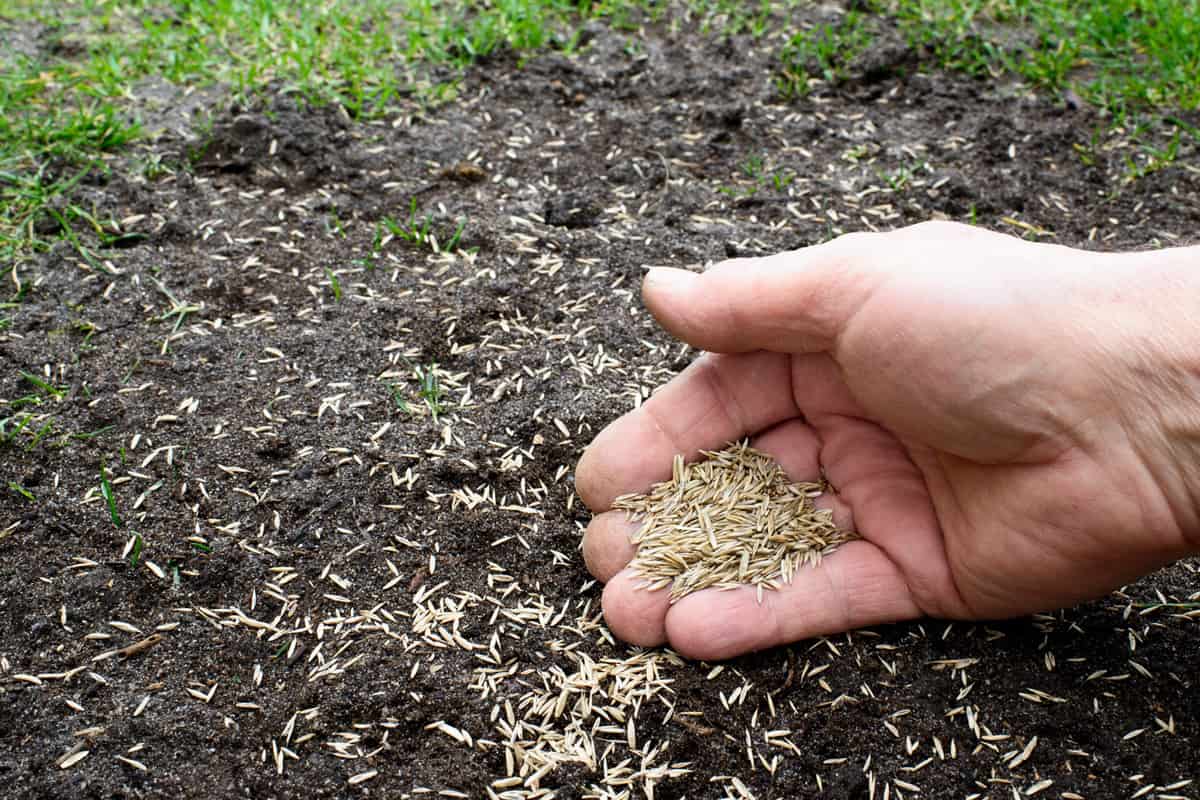
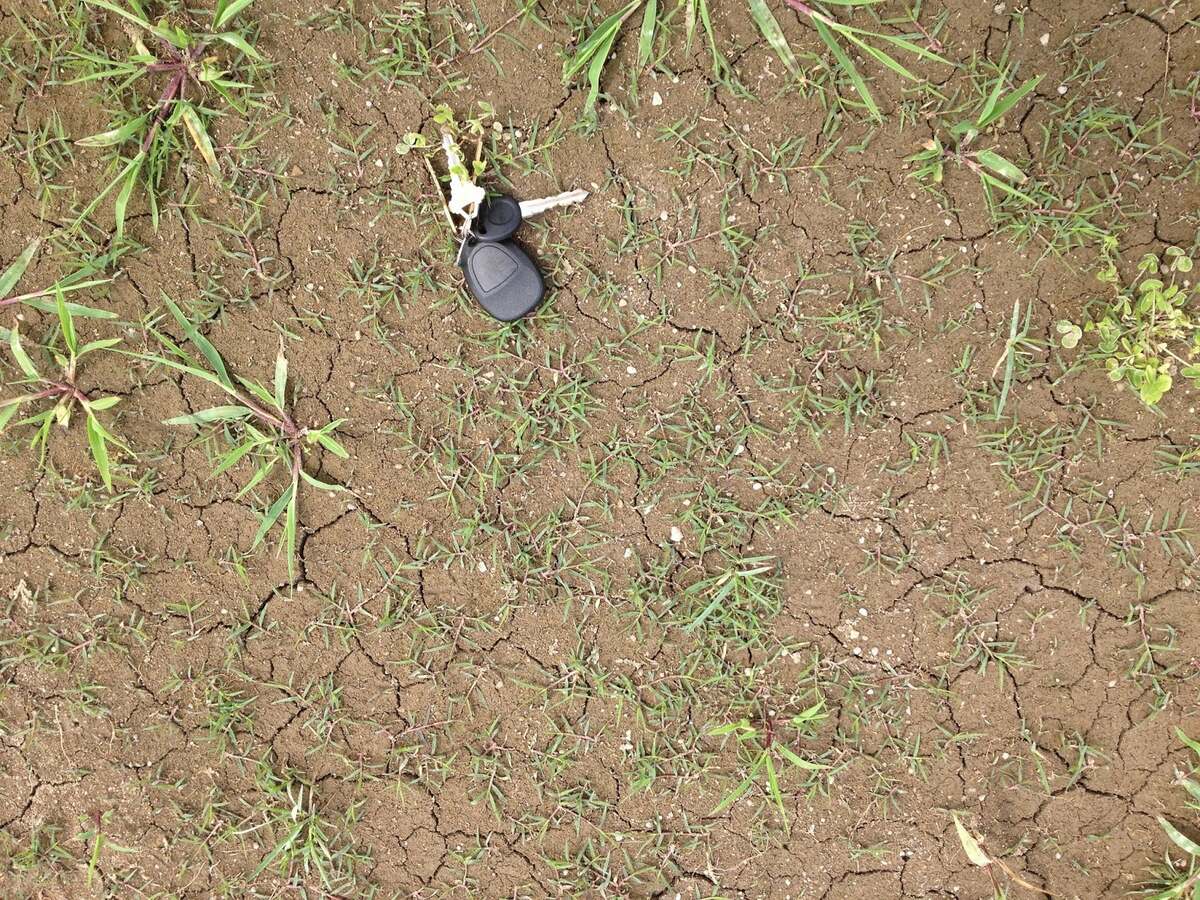
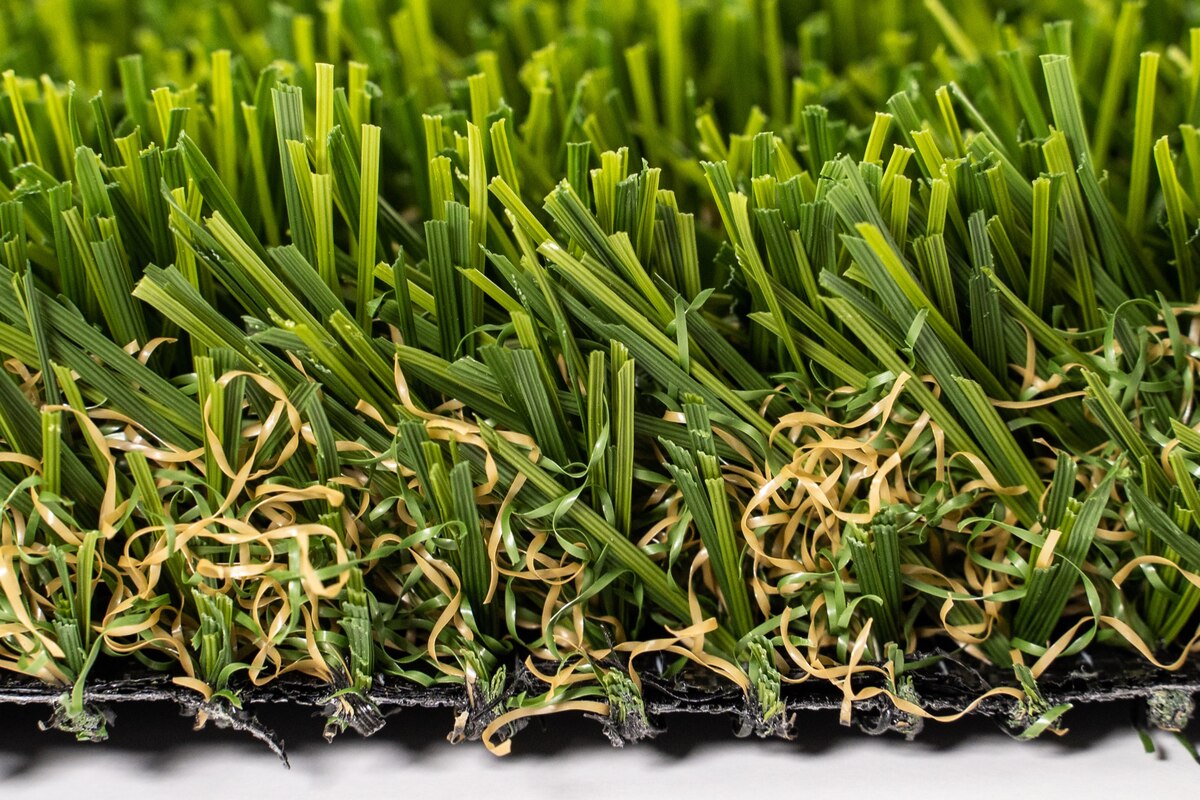
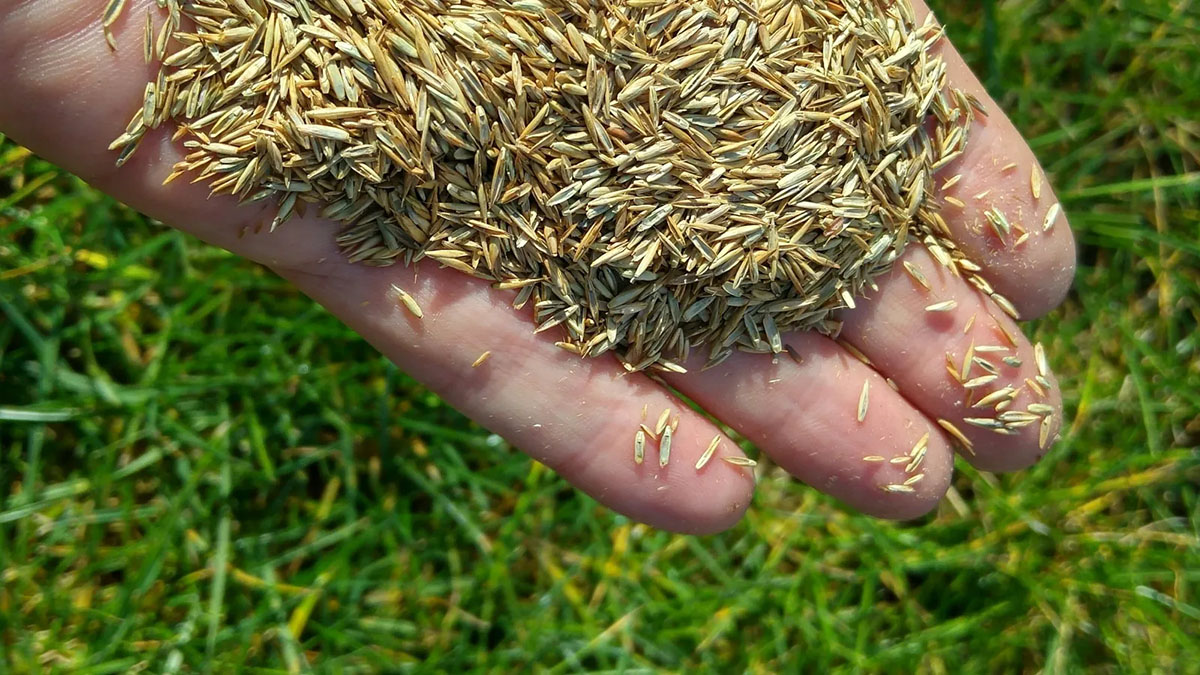

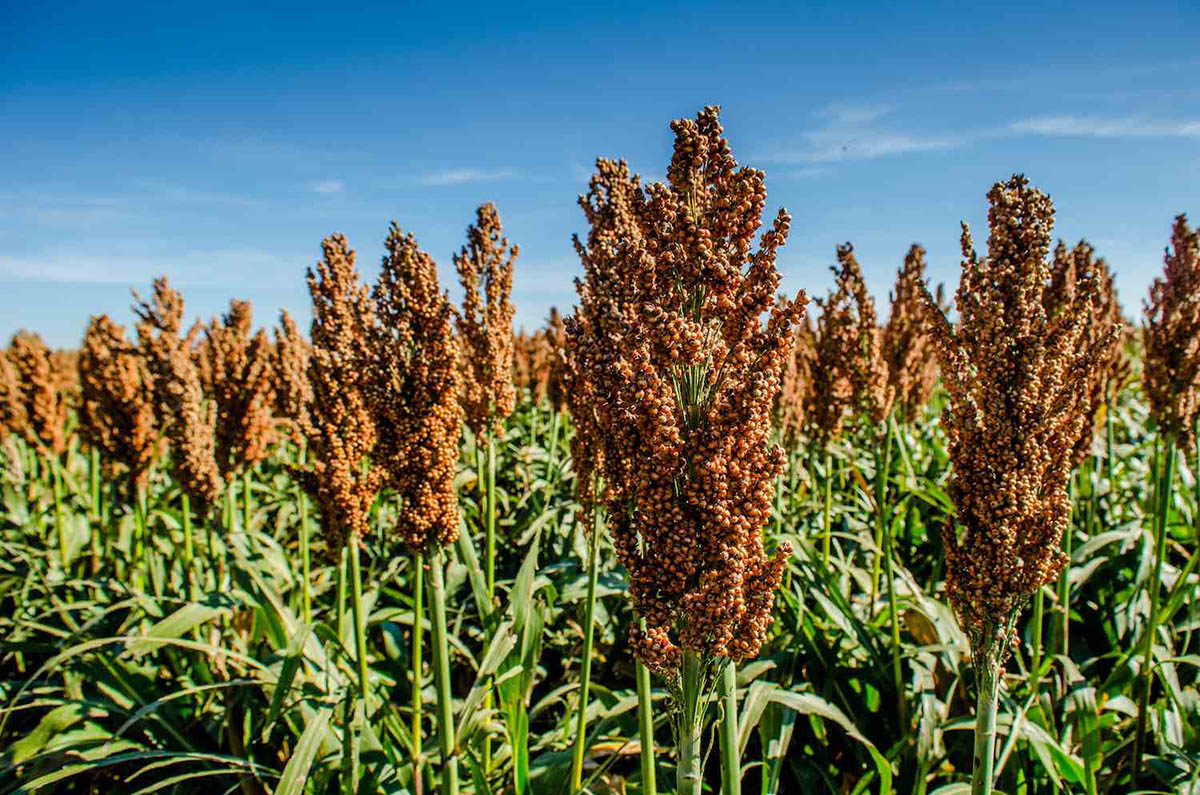
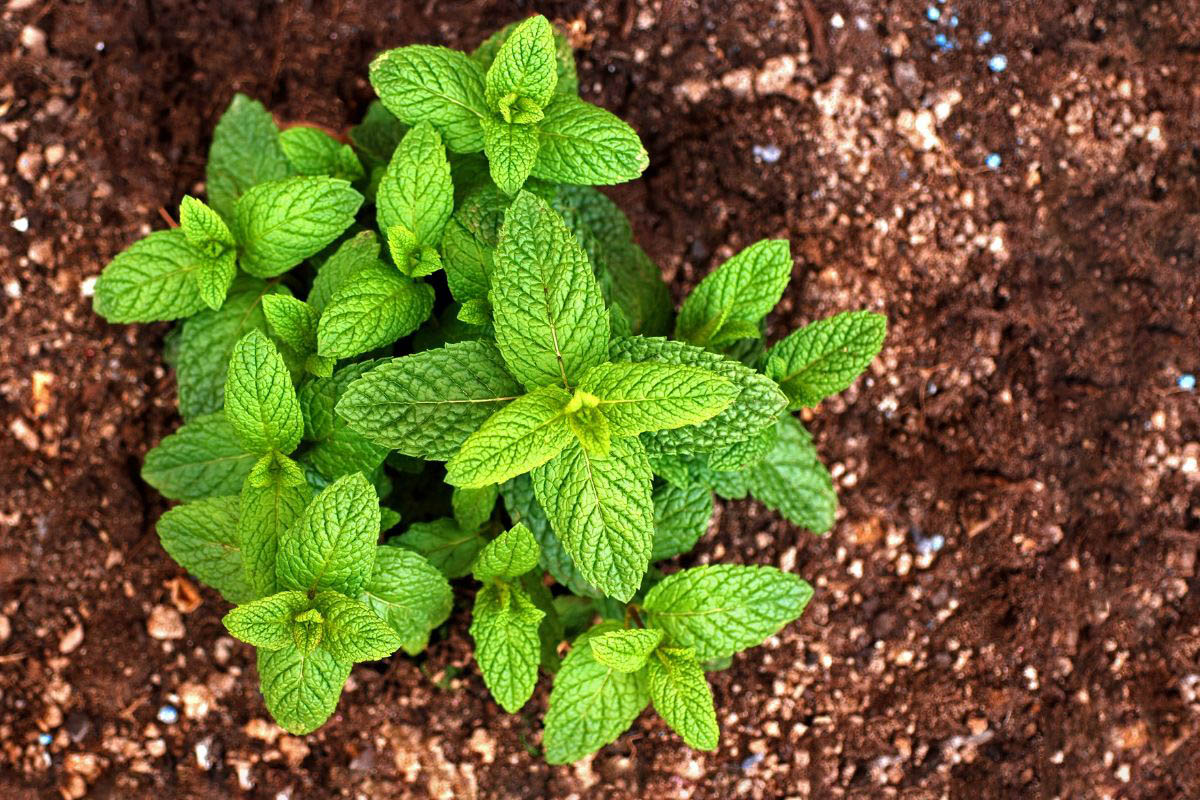


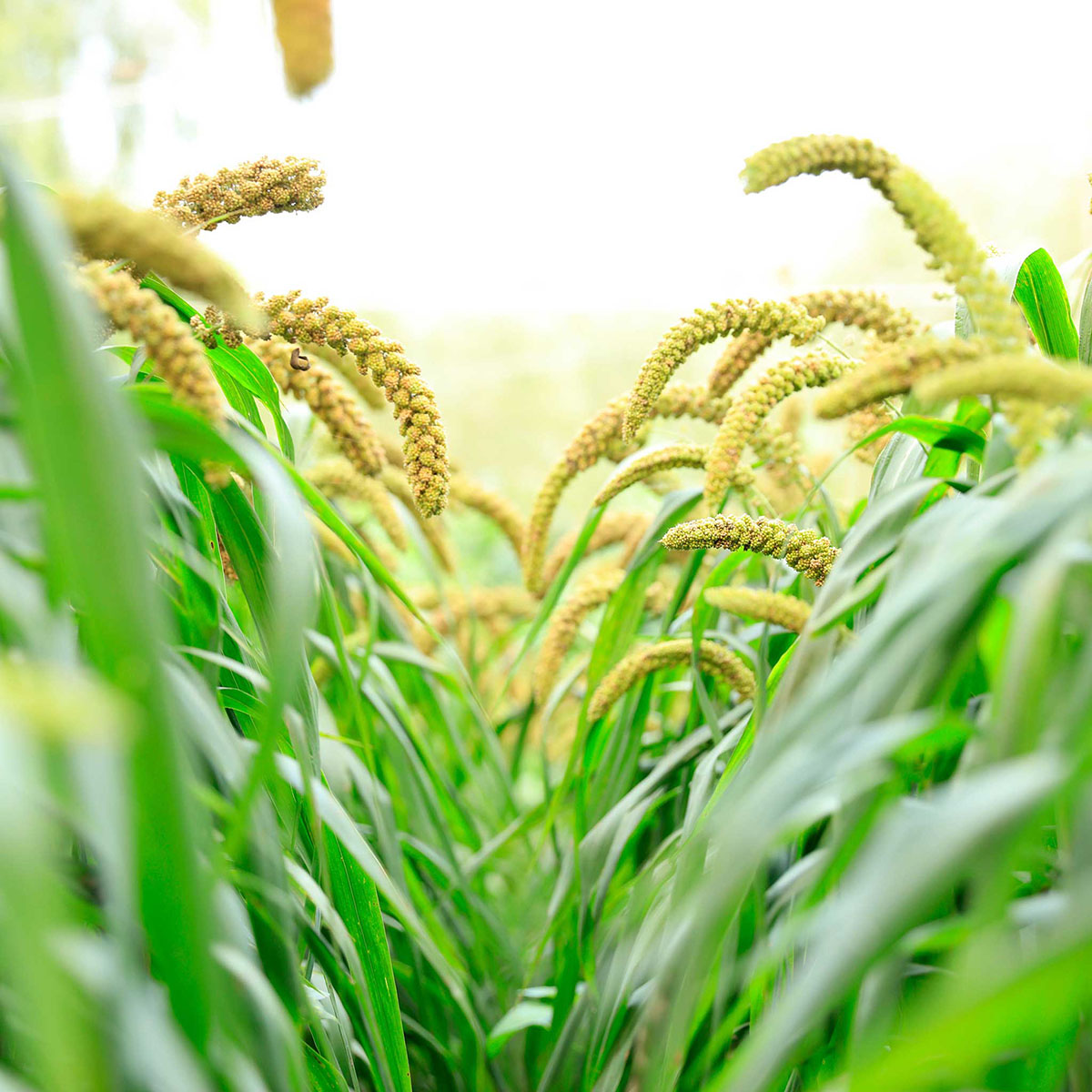

0 thoughts on “How Long Does It Take Bermuda Grass To Germinate”